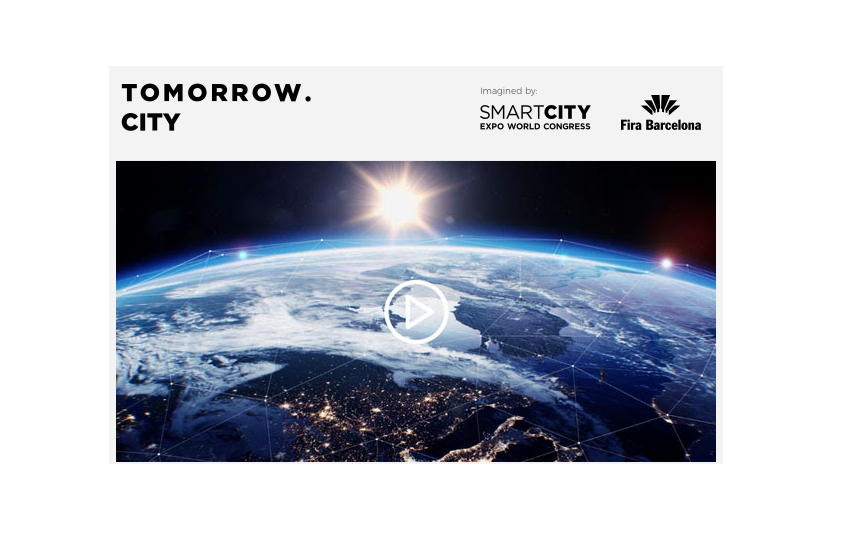SME4SMARTCITIES: How SMEs and Cities could reinvent public services to meet future challenges?

On April 13th, a new edition of the Tomorrow.City event was held, showing advances in digital infrastructures that may be attractive to the cities from the SME4SMARTCITIES project
BIC Euronova, consortium partner in the SME4SMARTCITIES project, attended the conference "Improving urban lives through digital innovation" organized by "Tomorrow.City". Tomorrow.City is a global hub that helps advance the smart city industry by connecting cities with companies, driving talent development, and building momentum for sustainable and inclusive urban projects all around the world.
International experts in technological innovation and digital transformation participated in this event, focused on offering solutions to the common problems of global cities. It was discussed the reinvention of public services in order to face future challenges, providing us with new perspectives and ideas. Amongst these, we mention artificial intelligence (AI) and cloud computing applications that could be useful to solve some of the smart cities' challenges thus even the ones proposed within the SME4SMARTCITIES project.
Specifically, it addressed how digital technology and AI can help improve urban lives and how municipalities can harness ICT technologies for inclusive public services. As well as what is the impact of the pandemic in the cities.
Governmental representatives and executives joined from different places around the world and shared success stories and opened the debate for audience interaction. The event began with a presentation of Thomas Xu, director of the Public Safety Enterprise division in Huawei. During the presentation, he insisted on (1) the need for cities to invest in digital infrastructure, specifically in cloud computing, and (2) the importance of breaking data barriers while ensuring privacy. He noted that digital transformation requires continuous investments over time.
Afterward, the interventions of the panelists began. Rosa Surinach, the coordinator of the City Resilience Global Program at UN habitat, mentioned that we should address the lack of access to digital tools amongst the most vulnerable groups. Hilla Oren, CEO of the Tel Aviv Foundation, highlighted the importance of municipalities making efforts to engage people in open and multipurpose spaces such as outside offices. Jaanika Merilo, the advisor of Ukraine minister of Digital Transformation, spoke about the need to reduce the complexity of digital devices and platforms used for remote education and teleworking. The event ended with the participation of Seah Hang-Yong, Principal Smart City Director Business architect at Huawei, encouraging cities to take advantage of the opportunities offered by the cloud technologies on offering public services at lower costs.
In summary, local authorities could play a significant role in the digital transformation by investing in digital infrastructures that make access to public services easier and cheaper, while favoring the inclusion of the most vulnerable groups and protecting data privacy. SME4SMARTCITIES will take these aspects into account to enhance the digitalization in our ecosystems.









